
In an international climate marred by deepening fissures and geopolitical fault lines, the idea of resolving disputes through dialogue rather than domination has come to sound almost quaint. Yet on May 30 in Hong Kong, a gathering of 400 dignitaries from 85 countries and nearly 20 international organizations quietly ushered in what could prove to be a transformative experiment in conflict resolution: the birth of the International Organization for Mediation (IOMed).
With 33 nations – among them China, Pakistan, Indonesia, Belarus, Cuba, Serbia, and Cambodia – signing on as founding members, IOMed becomes the first intergovernmental organization explicitly dedicated to resolving international disputes through mediation. It’s an institutional pivot away from the binaries of battlefield victories or courtroom edicts. Instead, it leans into the potential of dialogue, compromise, and mutual respect – concepts not always fashionable in a world dominated by zero-sum thinking and power politics.
The initiative’s provenance in China has raised eyebrows, predictably. There are mutterings about Beijing’s expanding influence in the Global South, or questions about whether IOMed will merely mirror Chinese interests under a multilateral veil. These are not unwarranted concerns – but nor should they obscure the moment’s significance. In a global order increasingly paralysed by gridlock, inertia, and the fraying of long-held norms, any genuine attempt to reimagine dispute resolution deserves more than a casual dismissal.
For decades, the dominant frameworks of international dispute settlement have been litigation or arbitration – each replete with legalism, procedural rigidity, and, often, the implicit hegemony of Western jurisprudence. Mediation, by contrast, hinges not on verdicts imposed from above but on outcomes mutually shaped by the disputing parties themselves, with the help of a neutral intermediary. It’s a process that privileges consensus over coercion. And in a fractured world teetering on the edge of multipolar disorder, that in itself is no small virtue.
Hong Kong, the newly designated headquarters of IOMed, is itself a symbolic anchor. With its mixed legal heritage, bridging common and civil law traditions, and a robust infrastructure of arbitration and commercial resolution, the city offers fertile ground for a new chapter in multilateralism. The choice also reflects China’s growing confidence in presenting Hong Kong not just as a financial hub, but as a legal and diplomatic one.
Some may balk at drawing too bold a contrast between IOMed and longstanding institutions such as the International Court of Justice or the Permanent Court of Arbitration. But the comparison, invited by Chinese officials and even Hong Kong’s leadership, is not without basis. While the ICJ issues binding rulings that require both parties’ consent to jurisdiction, IOMed’s charter embraces a more inclusive and flexible architecture – welcoming not just states, but individuals and commercial entities embroiled in cross-border conflict. This adaptability could well prove a strength in today’s fluid, decentralized world of international interactions.
It also offers a meaningful corrective to the inadequacies of existing legal orders, particularly for developing nations. The hurdles they face – high legal costs, unfamiliar procedural codes, and a paucity of representation in global judicial forums – are well documented. In theory, IOMed’s mediation-first model could democratize access to justice and dilute the asymmetries of power that often skew arbitration outcomes in favour of wealthier nations or corporate entities.
There is, of course, an undeniable strategic dimension to all of this. Beijing’s orchestration of IOMed is not a purely altruistic gesture. It is a calculated move to shape the future of global governance – not necessarily to supplant the UN-centric order, but to supplement it with a distinctly Asian sensibility. The emphasis on “harmony,” “win-win cooperation,” and “consultation” are not just diplomatic tropes; they represent a philosophical departure from the adversarial norms that have governed international relations for much of the post-1945 era.
The recent history lends some credence to this approach. From the landmark reconciliation between Saudi Arabia and Iran brokered in Beijing, to intra-Palestinian dialogue that culminated in a Beijing Declaration, China has shown an appetite – and an aptitude – for mediation that transcends traditional alliances. IOMed institutionalizes this approach, offering
Comments
2 responses to “China’s Soft Power Shift: IOMed and the Future of Dispute Resolution”
-
Looks like China’s not just making cheap gadgets anymore; they’re trying to sell us on diplomacy with a side of “we’re not all about the power plays, promise!” 😂 Just what we need, another layer of bureaucracy to mediate our squabbles while we sip espresso in the corner! ☕️
-
Seems like the new IOMed is all about “let’s talk it out” instead of “let’s duke it out.” Quite the refreshing change from the usual courtroom drama, innit? 😏
-
Seems like we’ve just stumbled upon a new game of “let’s talk it out” courtesy of China, while the rest of us are still stuck in a “who’s got the biggest stick” contest. 🤔 Not sure if it’s diplomacy or just another way to say, “we’re in charge now, but let’s pretend we’re all friends.”
Last News
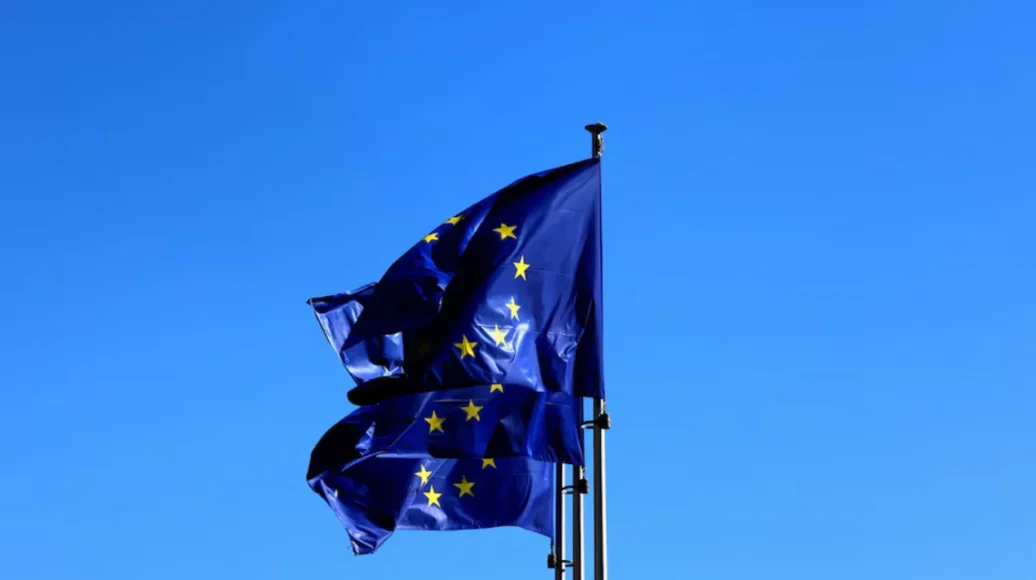
Denmark Becomes First to Join EU’s Ukraine Export Support Plan
Brussels (Eurotoday) -The European Union’s new 300 million euro Ukraine export credit guarantee program, which helps European businesses doing business with Ukrainian competitors, has officially welcomed Denmark as its first member.
In the next weeks, the European Commission, national agencies, and the European Union lending arm, the EIB Group, are anticipated to reach more than a dozen comparab
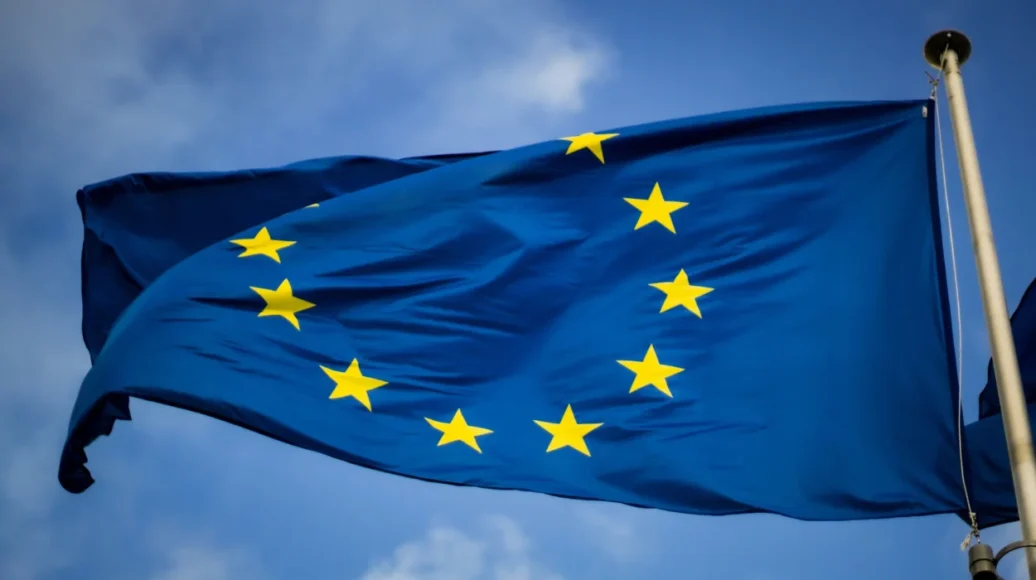
Can the EU Preserve Its Fragile Single Market?
Most people familiar with EU affairs know the single market is a myth. Hailed as the bedrock of the European Union, it was never completed and is now crumbling.
Saving it is vital but difficult. The Commission has just announced a new single market ‘strategy’, although it remains to be seen how effective the Brussels executive’s efforts will be. Its recent track record is disappointing.
Ursula v

Dissolution : un an après, Macron toujours sûr de son coup (mais pas de la suite)

Slovenia to Propose Measures to Brussels in Response to US Sanctions on Slovenian ICC Judge
According to the
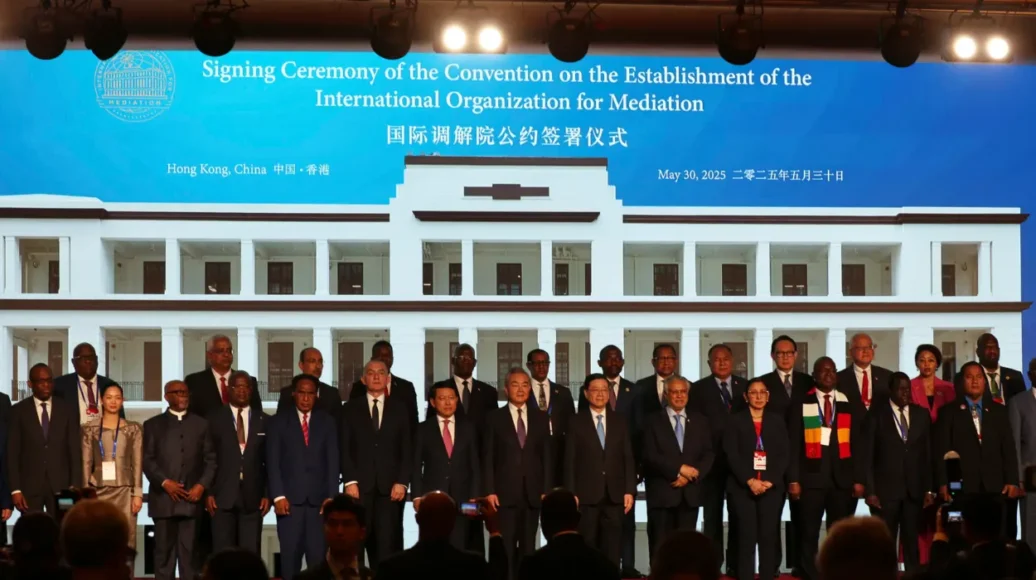
China’s Soft Power Shift: IOMed and the Future of Dispute Resolution
In an international climate marred by deepening fissures and geopolitical fault lines, the idea of resolving disputes through dialogue rather than domination has come to sound almost quaint. Yet on May 30 in Hong Kong, a gathering of 400 dignitaries from 85 countries and nearly 20 international organizations quietly ushered in what could prove to be a transformative experiment in conflict resolu

UK Judge Warns of AI Misuse in Courts
The senior judge reprimanded lawyers in two cases for allegedly using AI tools in preparing written arguments for court.
“There are serious implications for justice administration and public
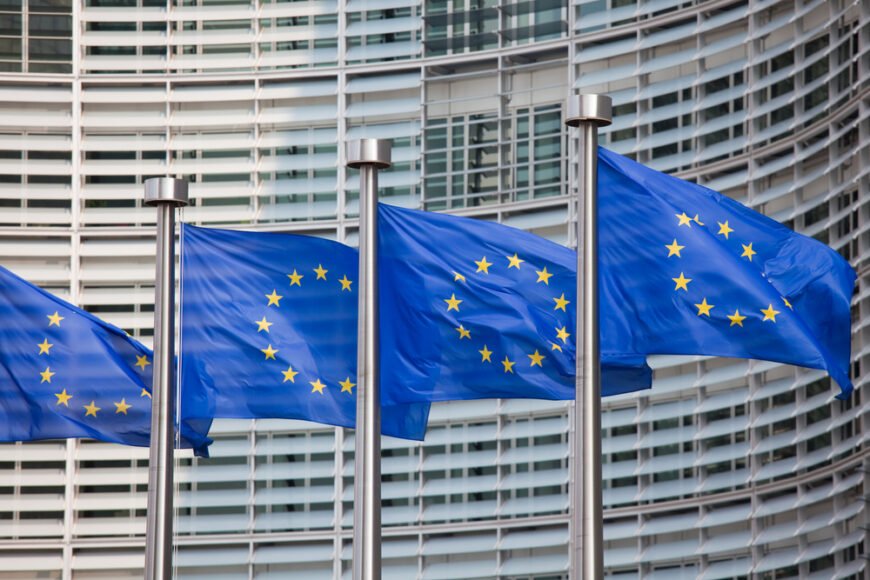
European Commission’s Five Recommendations to Bulgaria: Prioritizing Defense Spending and Accelerating Recovery and Resilience Plan Implementation

Passenger Rights Concerns Voiced
MEPs have voiced concern about air passenger rights amid fresh talks on the issue by transport Ministers of EU Member States.
The fear, say Euro deputies, is that ministers might potentially agree to water down existing compensation rights.
Current rules guarantee reimbursement after a three-hour delay.
The EPP Group in the EU Parliament says it opposes a weakening of established air passenger r

Macron to Visit Greenland on June 15 to Demonstrate Solidarity
Frederiksen
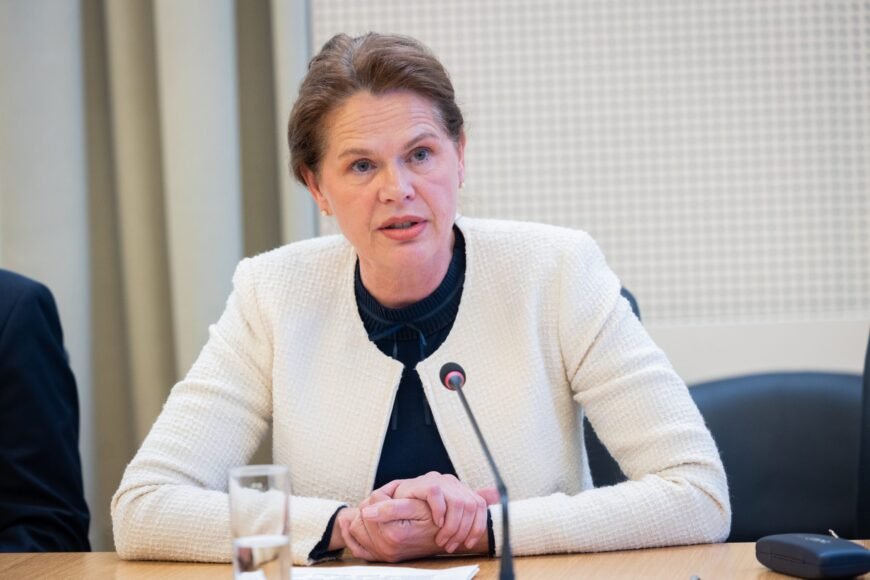
Slovenia Opposes Proposed Changes to Air Passenger Rights
The new legislative framework aims to establish clearer and simpler rules for ai



Leave a Reply